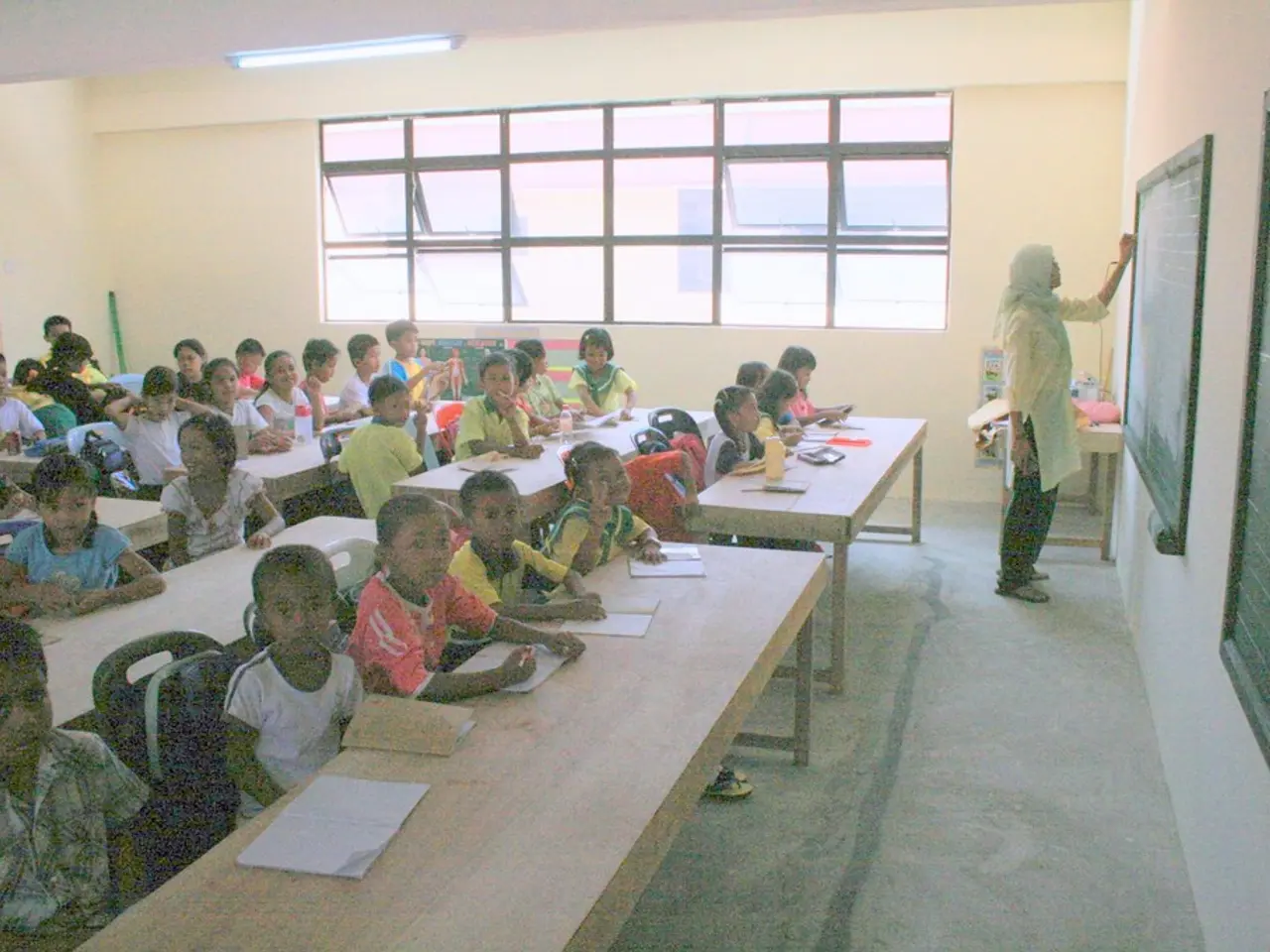Student Stipends Explained Comprehensively: Essential Facts You Should Be Aware Of
In Austria, students can receive family allowance, known as Familienbeihilfe, to help cover costs such as rent, fees, and public transport. Here's a breakdown of the key points regarding the eligibility requirements, income limits, and other important factors for students seeking family allowance in Austria.
**Eligibility Requirements**
- Students between the ages of 18 and 24, who are in full-time education (including university studies), are eligible for family allowance. - If a student exceeds the age of 24, they may still be eligible for family allowance under certain circumstances, such as extended study periods. - The claimant must reside in Austria or in an EU country if Austria is responsible for child benefits under EU rules. - The child must live with the claimant or be financially dependent on them.
**Income Limits**
- Austria’s family allowance system for students does not have strict income limits for the parents or the student to receive the allowance. It is more focused on the child’s age and education status rather than on family income. - However, if a student earns more than €17,212 per year, they must repay the excess amount. If a student only receives family allowance for part of the year, the allowable earnings limit is calculated on a monthly basis.
**Additional Notes**
- Family allowance payments continue typically until the student completes their education or reaches the age limit. - The allowance is paid monthly and calculated based on the child’s age and number of children in the family. - For detailed application procedures or specific cases (e.g., foreign students), residency and enrollment proof at an educational institution are usually required. - Students with disabilities receive an increased family allowance. - If students no longer live with their parents or are orphaned, they can apply for family allowance under certain conditions. - For students aged 10 and above, the family allowance amount increases based on the number of siblings they have. - Proof of academic progress, such as ECTS points, must be provided to continue receiving family allowance after the first year of study. - If students exceed the legal minimum study time or cannot prove academic progress, their family allowance will be discontinued. - It's worth noting that switching degrees more than twice can result in a student no longer being eligible for family allowance. An ideal degree change should take place before the start of the third semester to avoid a pause in family allowance.
**Child Allowance**
The child allowance of 70.90 € per child is paid out together with the family allowance and does not require separate application.
**Restrictions and Limitations**
- There are restrictions on family allowance, such as during military or civilian service. - If students exceed the age limit, have their student status revoked, exhibit insufficient academic activity, or exceed the allowable earnings limit, they may be required to repay family allowance.
For exact figures, official procedural details, or specific cases, it is recommended to consult the Austrian family allowance authority (Familienbeihilfenbehörde) or the official Austrian government websites.
In the context of personal-finance and education-and-self-development, a student in Austria may receive family allowance to handle expenses like rent, fees, and public transport. This allowance, known as Familienbeihilfe, has income limits that are more focused on the child’s age and education status rather than family income, but students earning more than €17,212 per year must repay the excess amount. Learning about additional notes such as proof of academic progress, switch of degrees, or age limit is crucial for students to continue receiving family allowance. Additionally, personal-finance education can guide students on how to manage their finances wisely, including family allowance, since these funds can aid in their personal-finance goals.




